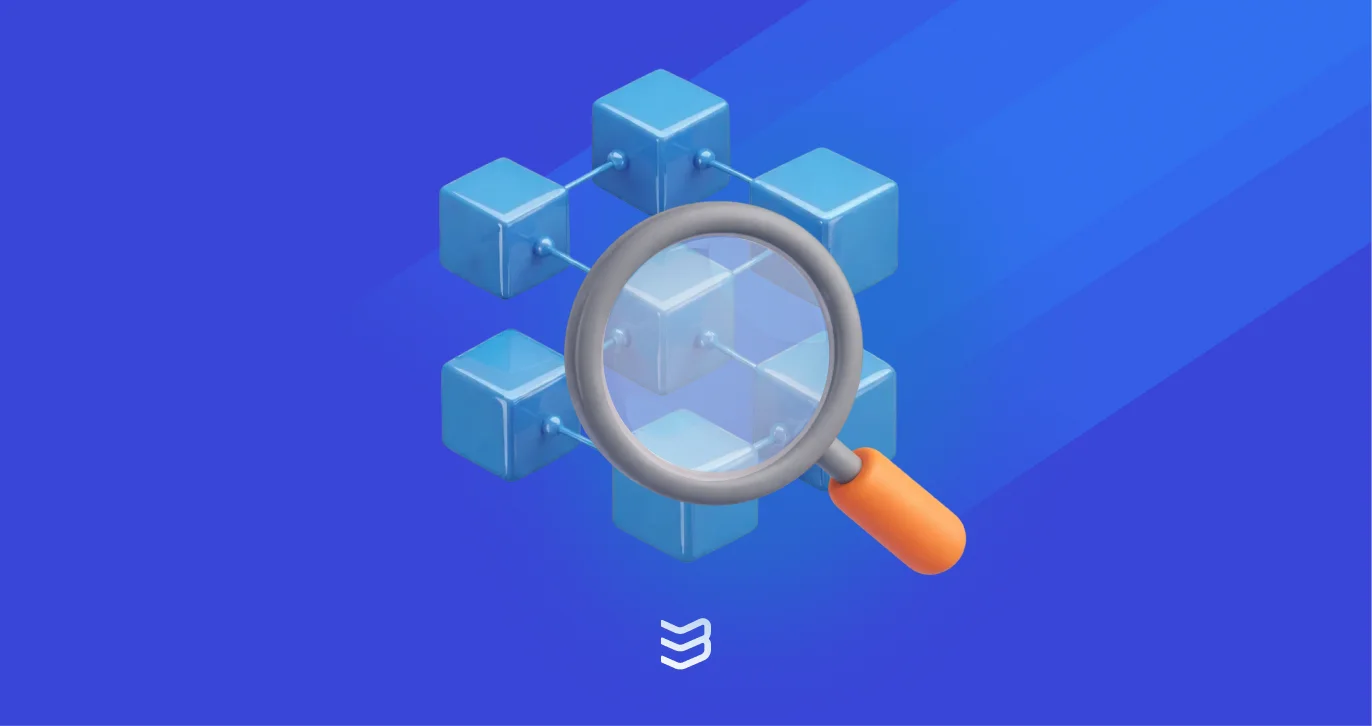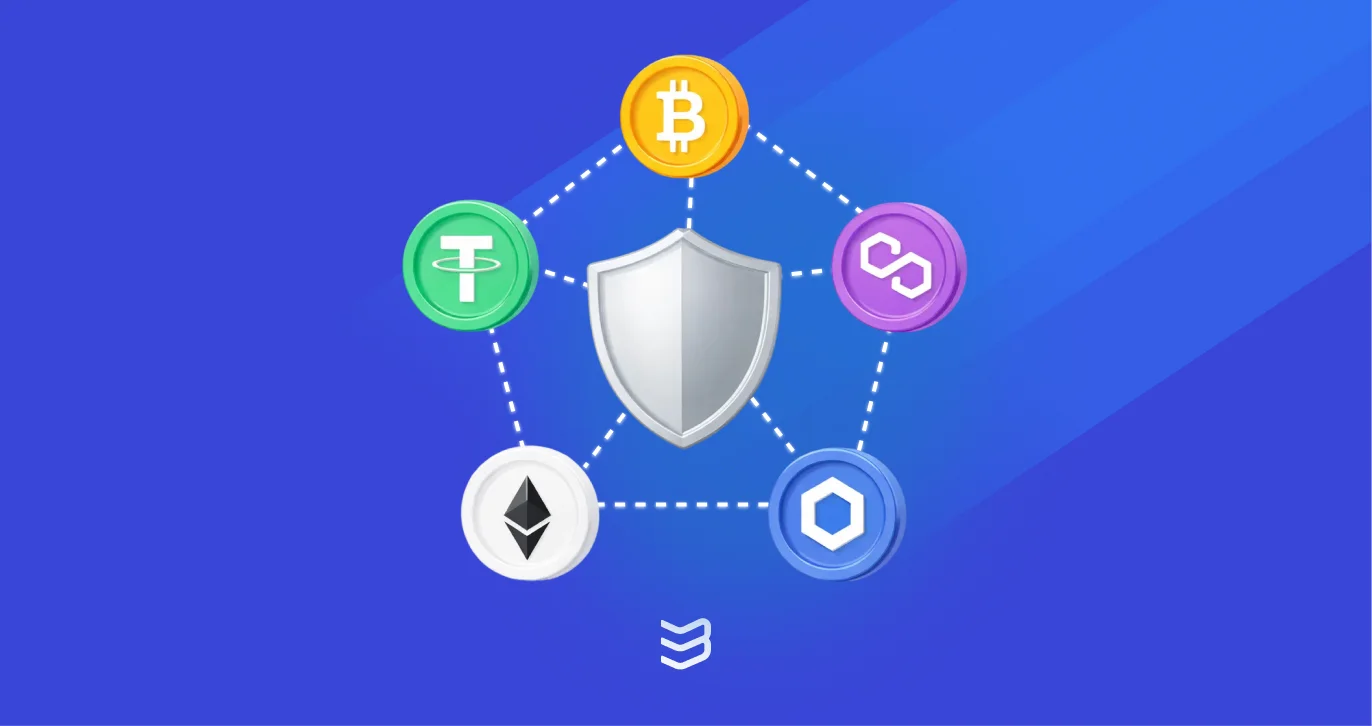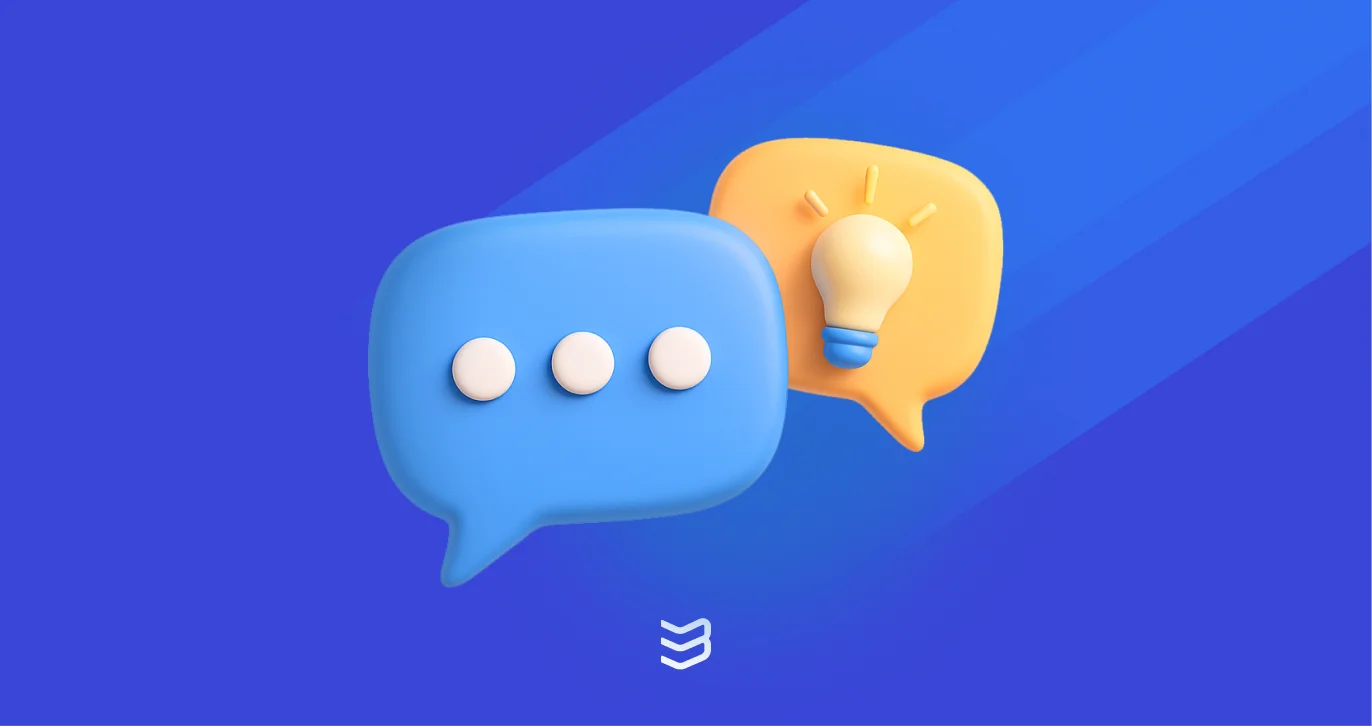tl;dr
- Early blockchains lacked external data access, limiting smart contract potential.
- Oracles were introduced in 2011-2012 by Mike Hearn to bring off-chain data on-chain.
- Chainlink, a major oracle network, was conceptualized in 2017 and launched in 2019.
- Explore a list of blockchain oracles at Web3Index for trusted solutions.
Web3 Oracles: Bridging the Gap Between Web3 & the Real World
In their early days, blockchains operated as isolated, stand-alone systems with no direct connection to external data sources. This limitation made it difficult to integrate reliable real-world information, restricting the potential of smart contracts.
To expand blockchain utility, a solution was needed to securely bring off-chain data on-chain. Mike Hearn first introduced the concept of oracles in 2011-2012, proposing their use in Bitcoin contracts.
These early discussions paved the way for advanced oracle solutions like Chainlink, which was conceptualized in 2017 and officially launched in 2019. Other popular oracles include SUPRA, and Pyth Network.
What are Web3 Oracles?
Web3 oracles are systems that connect blockchains to real-world data, enabling smart contracts to interact with information from outside their native networks. Since blockchains are isolated environments, oracles play a crucial role in expanding their functionality by securely delivering external data on-chain.
Types of Web3 Oracles
Blockchain oracles facilitate communication between blockchains and external data sources. They can be categorized based on data sources, interaction methods, and data flow direction.
Software Oracles
Software oracles retrieve data from APIs, websites, and online services, providing market prices, weather updates, and real-time events. In DeFi, a software oracle can pull cryptocurrency prices from Binance for smart contract execution. Software oracles and consensus-based oracles are the most common types of oracles.
Consensus-Based Oracles
Consensus-based oracles, also known as decentralized oracle networks aggregate multiple data sources for reliability. Chainlink, for example, provides accurate price feeds by verifying data across independent oracles.
Hardware Oracles
Hardware oracles use physical devices like IoT sensors to collect real-world data such as temperature, location, or humidity. In supply chains, IoT sensors track shipments and report conditions to the blockchain.
Inbound and Outbound Oracles
Inbound oracles bring external data onto the blockchain, triggering smart contract actions. For example, an insurance smart contract might fetch weather data to validate claims.
Outbound oracles send blockchain data to external systems. A supply chain smart contract might notify management upon delivery completion.
Key Characteristics of Web3 Oracles
Web3 oracles must be reliable and trustworthy, ensuring accurate and timely data delivery to smart contracts.
Decentralization and security are crucial to preventing single points of failure and reducing risks of manipulation. By leveraging decentralized oracle networks, data sources are verified, enhancing resilience. Data integrity and tamper-proofness are maintained through cryptographic proofs and consensus mechanisms, ensuring that information remains unaltered.
How Web3 Oracles Work
Fetching Data from External Sources
Web3 oracles retrieve information from various sources. This includes APIs that provide structured data like financial market prices or weather forecasts, databases that store historical and real-time information, and other data feeds. By sourcing data from multiple channels, oracles bridge the gap between decentralized networks and real-world information.
Aggregating Data for Enhanced Reliability
To ensure accuracy and prevent reliance on a single source, oracles aggregate data from multiple providers. This approach minimizes errors, prevents manipulation, and enhances availability. By averaging or cross-referencing multiple sources, oracles provide smart contracts with more reliable and tamper-resistant information, reducing risks of inaccuracies or single-source failures.
Verifying and Validating Data
Before delivering data, oracles employ verification mechanisms to maintain integrity. Robust validation techniques check for inconsistencies, outliers, or corrupted data. Additionally, cryptographic methods such as digital signatures and encryption ensure the authenticity of data, preventing tampering during transmission. These safeguards uphold the trustworthiness of information before it reaches the blockchain.
Delivering Data to Smart Contracts
Once verified, oracles securely transmit data to smart contracts, enabling blockchain applications to respond to real-world events. By ensuring data feeds are resistant to manipulation, oracles empower dApps to automate functions like executing insurance payouts based on weather conditions.
Use Cases of Web3 Oracles
There are plenty of use cases for web3 oracles. While DeFi and prediction markets commonly use oracles here is a full list:
DeFi
Web3 oracles provide real-time price feeds for DEXs, ensuring fair market prices for trading. They also enable accurate loan origination and risk assessment in lending platforms by verifying collateral values. Additionally, oracles support derivative markets and options trading by supplying reliable financial data for smart contract execution.
Supply Chain Management
Oracles enhance supply chain transparency by tracking and verifying product authenticity using blockchain. They monitor logistics, ensuring efficiency in global supply chains by recording real-time data on product conditions, shipments, and regulatory compliance.
Internet of Things (IoT)
By connecting IoT devices to blockchain networks, oracles enable automated, secure, and tamper-proof data sharing. This allows industries like agriculture, logistics, and healthcare to record sensor data immutably for decision-making and compliance.
Gaming and NFTs
Oracles power in-game economies by ensuring fair transactions, rarity verification, and virtual asset tracking. They also provide verifiable and tamper-proof game outcomes, ensuring transparency in decentralized gaming and NFT marketplaces.
Challenges and Considerations for Oracles
Web3 oracles face several challenges that impact their reliability and adoption.
Data security and privacy are critical, as oracles must protect sensitive information while ensuring data integrity. Decentralization and trust remain key concerns, requiring robust mechanisms to prevent manipulation and maintain a trustless environment.
Lastly, scalability and performance present another challenge, as oracles must efficiently handle large volumes of data requests without bottlenecks.
Oracles and Web3index
Oracles play a crucial role in connecting external data to the blockchain, enabling smart contracts to interact with real-world events. Without them, DeFi and crypto wouldn’t have reached their current popularity.
Explore a list of qualified blockchain oracles at Web3Index to find the most reliable solutions for your needs.


.webp)



